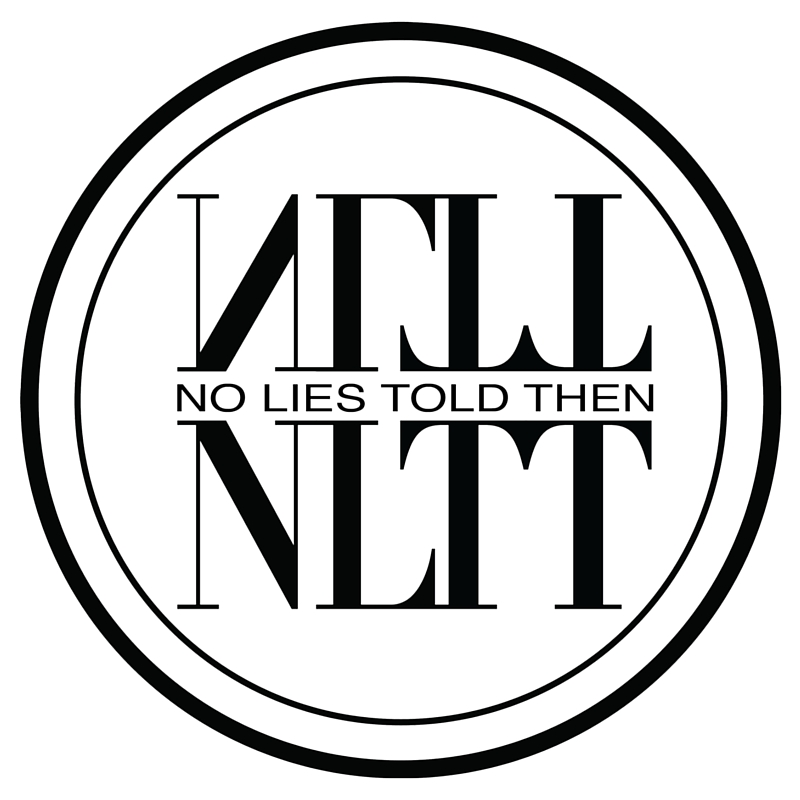“Please”, “may I” and “is it okay?” These are society’s hallmarks of how well mannered individuals are expected to articulate themselves. If we explore it further, being good mannered in this way is especially expected of women. Any deviation from this so-called script, results in words like angry, aggressive and unladylike being thrown – because it’s seen as going against that prescribed gentleness, patience and permission asking that fits into the expectation of femininity. On the other hand, modern society also favors phrases like “grow a pair” when they require someone to make a bold move and “you have no balls” if you’re seen as acting in a manner that reads as gentle and in other words cowardly. People with so-called “balls” are celebrated for taking chances, championing fear, not wanting or waiting for approval or permission. They stand up for themselves and push through when faced with challenges and uphill battles. Considering that the one side refers to male anatomy, the two poles are highly gendered and being “ballsy” is linked to been manly. Women who climb corporate ladders are described as ballsy and in the process, they are seen as less feminine. They dared to have the ambition to achieve so much, and this level of ambition is often viewed as unnatural for a woman. We are so conditioned to play the role of approval seekers; we even find ourselves begging to be as ambitious as our male counterparts. We’re so used to being applicants that we don’t even realize how often we hold ourselves back from voicing a valid opinion, or change the questions we form to things that are more likely to get a “yes” response.
A necessary tool for empowering a group long oppressed/suppressed by society and culture, is doing away with the need for approval before making something happen. Empowering them comes down to revealing that this world and the successes and opportunities within it are as much for their taking as they are for privileged groups. It’s more than saying what they have can also be ours, it means realizing that we all have a claim to it and as a result, the need for permission is null and void. Claiming this truth, that the pie belongs to whoever wants it, works for it and deserves it based on merit, and these factors alone, has a great impact. As Ava Duvernay points out, for women and people of color the conversation around getting a slice of the pie has put a considerable amount of emphasis on saying ‘please allow us” instead of “we did it because we wanted to.”
In spaces that exist to shift the conversation towards equality, the mission isn’t to take away from men in the industry – it’s about redistributing the rights to make them what they should have always been – equal, because we are all owners. What Ava DuVernay says must end is the deeply ingrained belief that we only get things after we ask for them, wait for considerations to be made and hope for an answer that catapults us into the shining approval that will get us the jobs, opportunities and respect.
POC and women have as much a right to “grow a pair” and create their own opportunities while that permission paperwork is “still pending.” We have as much of a right to take, and not just wait to be given. It’s not enough to adhere to rules not created by us – we can make rules for ourselves without a green light. Not needing approval doesn’t make you forceful, difficult and bad mannered – it’s simply an act of reinforcing the fact that we’re all equal players, owing each other nothing. We don’t have to ask someone to kindly move up on the bench to make space. We also don’t have to wait for a pat on the back when we do something, because sometimes that pat doesn’t even come.
The first step isn’t asking someone to let you in – the first step is deciding that you want to go in whether you’re given permission or not. Recognize the power you already have and unleash it – instead of waiting for it to be given. This applies to POC and women alike, who have for generations lived under the code of “please” and “may I”. To truly shift the culture, we have to put ourselves in the driver’s seat, fully aware of the destination and draw our own maps to get there, without asking for the keys, the directions or the stationary.


